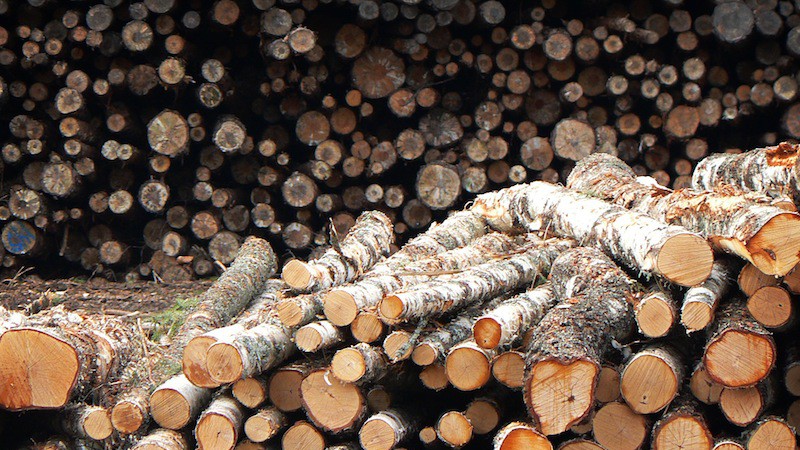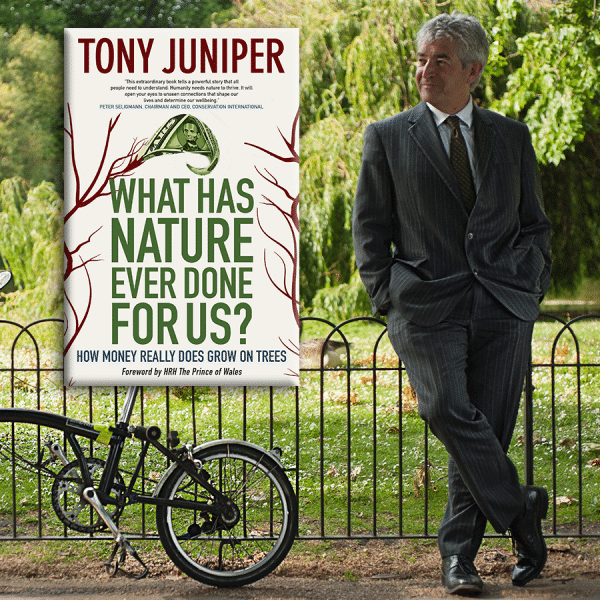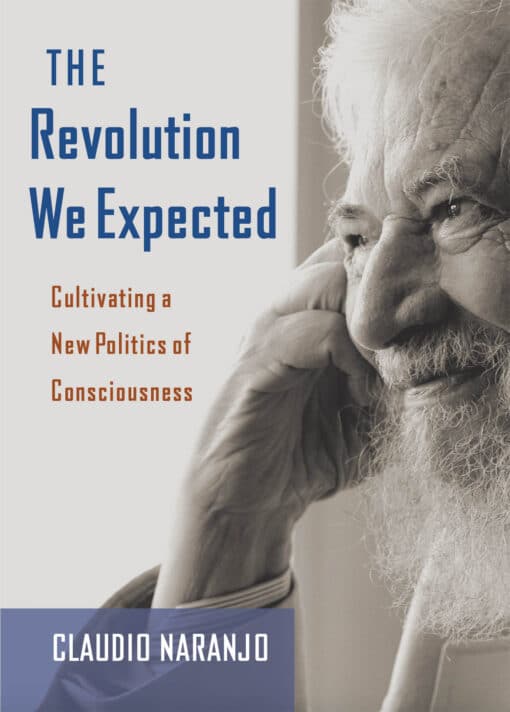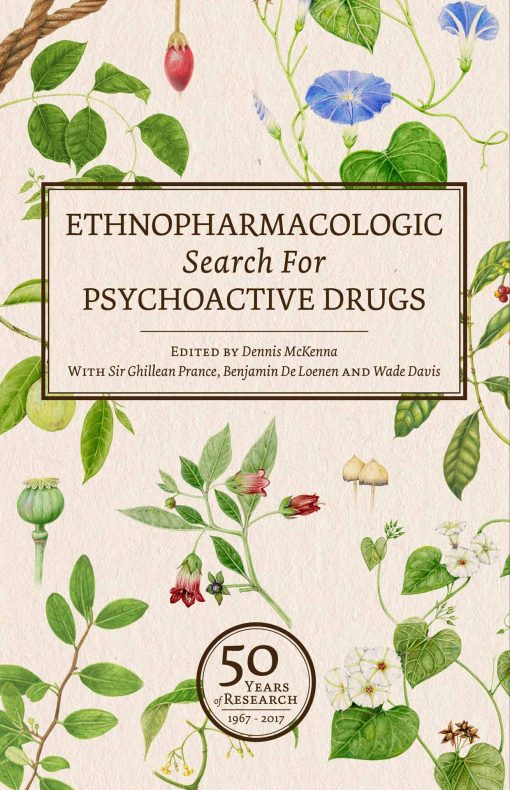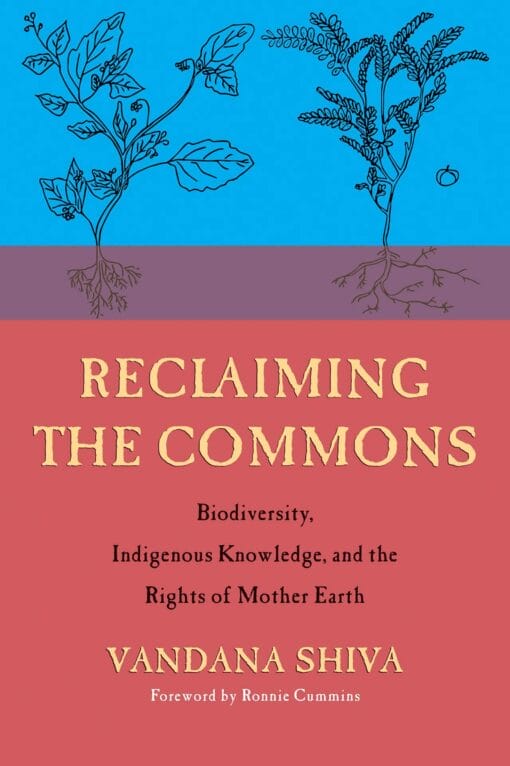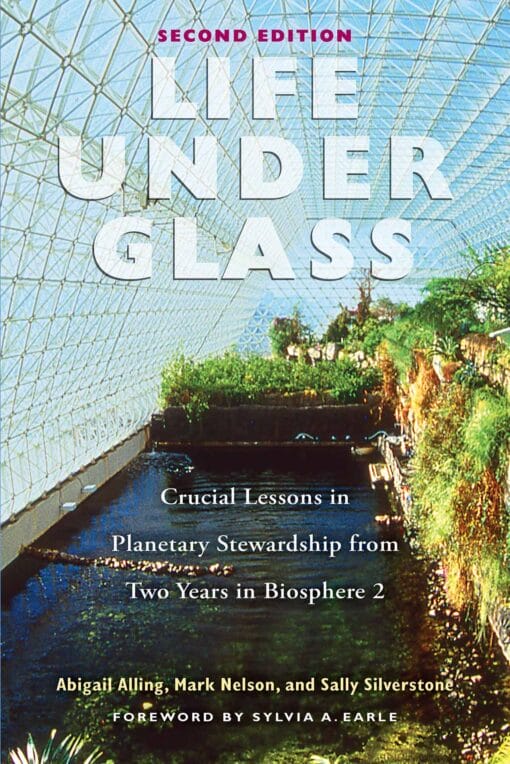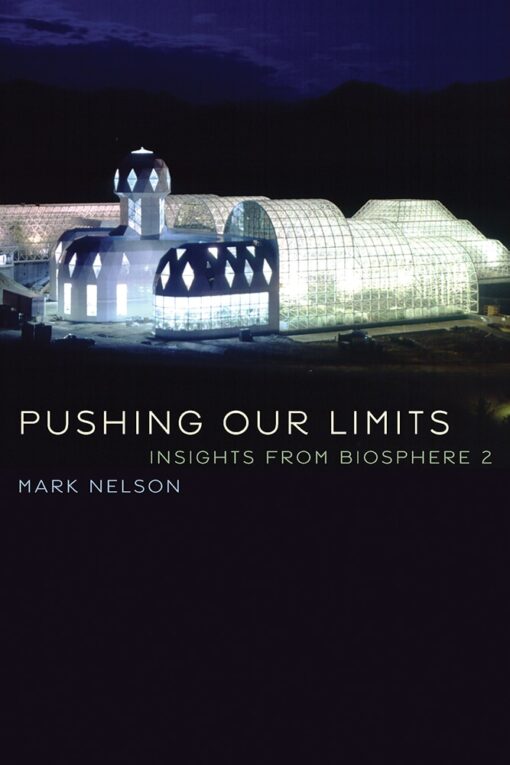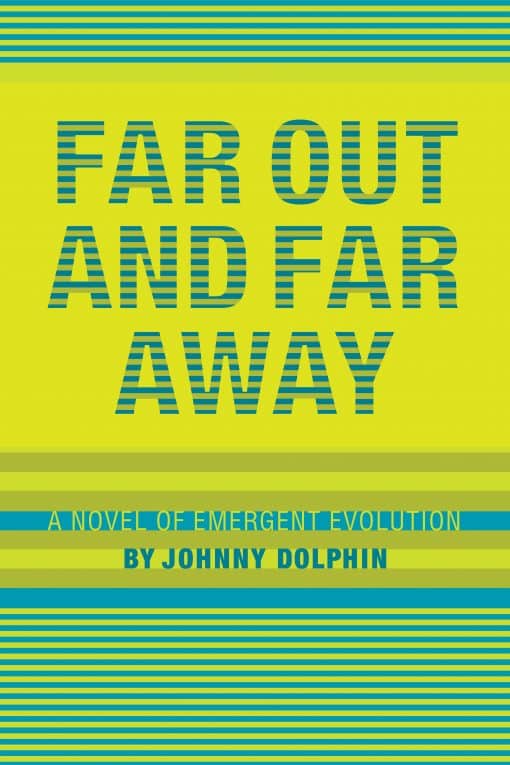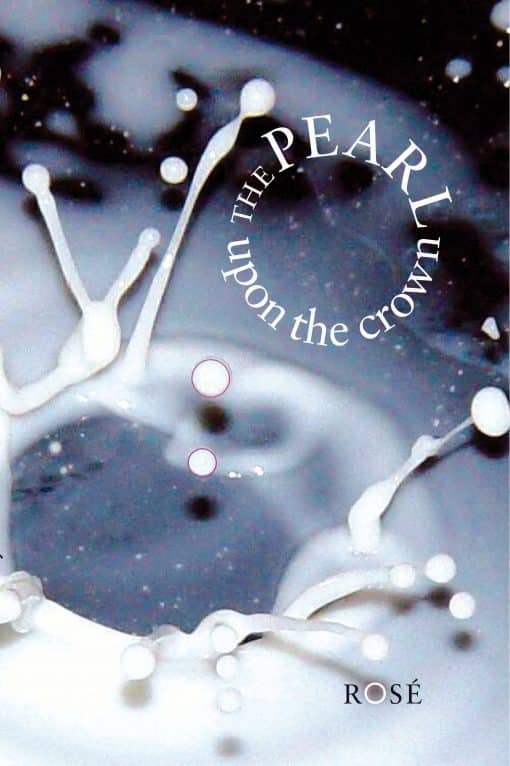
Here are a few of the responses that Tony gave, and you can read the full interview here.
What were the most pressing issues now, and how have they changed?
For a long time, effort was necessarily devoted to gaining some agreement as to the scale of the challenge at hand, while making the case for what with hindsight looks like relatively narrow action to address some of the symptoms of it, such as pollution control laws and protection for some areas of especially important natural habitat. Today, the job at hand still embraces this kind of work, but is now also about making the case for completely new ways of looking at business, and indeed the economic system that determines which ones do well and those who don’t. There are also big questions of culture on the table, for example about what follows ‘consumerism’ as a viable and sustainable way of meeting people’s needs and desires.
There’s a growing body of research that suggests that when we fail to protect nature we end up with long-term losses, despite potential short-term gains. Why is that not only difficult to understand and accept, but also to act on?
One big reason why we fail to act in the face of overwhelming evidence is because of our human propensity for short-termism. This is a well-known psychological phenomenon and is manifest in politics, economics, and the media. Politicians have short terms of office. Economics works in part on quarterly financial results, while the profile of stories in the media is generally fleeting and very much about events, rather than the trends that shape the long term, such as climate change and ecosystem degradation.
On top of this is the fact of uncertainty. For while we know that there are long-term risks inherent in unsustainable behavior, no one can predict how they will unfold in the real world. Various skeptical voices have focused on this to create doubt as to the need for any action, nevermind decisive moves in the short-term so as protect more distant interests. Despite the blockages toward longer-term thinking, a lot of people are seeing the need for it and finding ways to do it.
The world’s climate scientists have explained how to avoid drastic global warming and… well, it’s not easy. But what is working best, and what do you consider to be our best hope for sustainability?
One thing we need to realize is that sustainability is not only about climate change. That is a big part of it, but there is a whole lot more. It is also about society and the economy, and how we can share the productive capacity of our Earth between even more people than we have now. That is a big political issue, and political issues tend to get resolved when voters demand that solutions are provided by the people they elected. This leads me to believe that a very big part of what is needed relates to the rather neglected subject of awareness and how to spread it. The more people know about what is happening, the more likely they might be determined to see solutions to protect them and their children. The fact that sustainability issues are rarely debated properly in the media is a serious cause for concern.
For more from Tony Juniper on recognizing and appreciating the value of the services provided by nature, check out What Has Nature Ever Done for Us? How Money Really Does Grow on Trees
